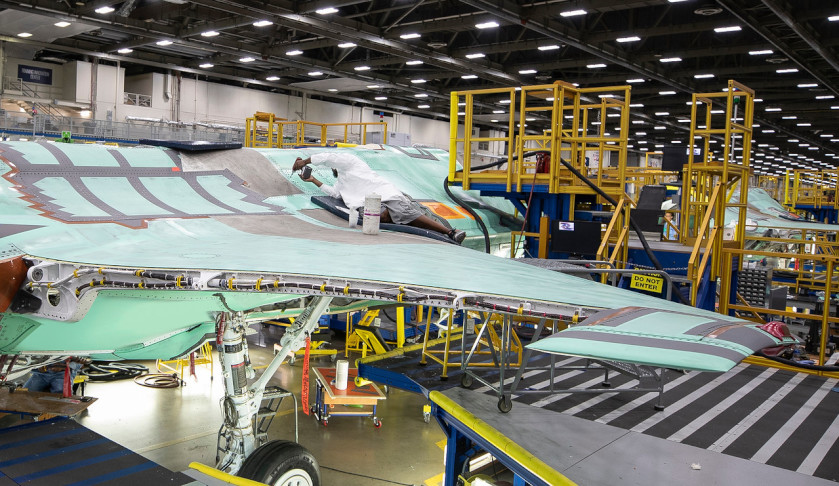Lockheed Martin has transitioned additional F-35 suppliers to longer-term performance based logistics (PBL) contracts and master repair agreements (MRA) in order to “enhance supply availability and reduce sustainment costs”.
To continue reading the rest of this article, please log in.
Create free account to get unlimited news articles and more!
The multi-year PBLs allow each company to make longer-term investments and actions to reduce costs and improve efficiency, compared with the annual contracts that were previously used.
Lockheed Martin has also established 12 MRAs in addition to the PBL contracts, with key suppliers to "enhance repair capacity and speed".
"As the F-35 fleet expands, we are partnering with our customers and taking aggressive actions to enhance F-35 readiness and reduce sustainment costs," said Greg Ulmer, Lockheed Martin vice president and general manager of the F-35 program.
"The F-35 global supply chain is a key enabler to success, and we're restructuring and streamlining several contracts with key industry partners to provide the long-term stability that will allow them to make investments, improve efficiencies and optimise their performance. This is one of several actions we're taking across the supply chain to improve capacity, reduce costs and enhance supply availability."
The PBLs cover agreements with BAE Systems, Northrop Grumman, Collins Elbit Vision Systems (CEVS) and others; with the MRAs covering contracts with 12 separate suppliers including Honeywell, GE and Eaton.
Lockheed Martin said that "the intial multi-year contracts are already delivering benefits", with a 2017 PBL contract awarded to BAE Systems for an electronic warfare subsystem for the F-35 is delivering a 25 per cent improvement in the system's availability throughout global operations.
Lockheed Martin said its enterprise goal is to deliver 80 per cent mission capable rates in the "near term", as well as achieving a $25,000 cost per flight hour (CPFH) by 2025.
At the Avalon Airshow, Ulmer said that the current figure is "different customer by customer but I think $35,000 per flying hour is a good number".
In that same interview, Ulmer predicted that it wouldn't be until between 2035-2040 that the CPFH of the F-35 would drop to what fourth-generation fighters cost, between $20,000 and $25,000.

 Login
Login







